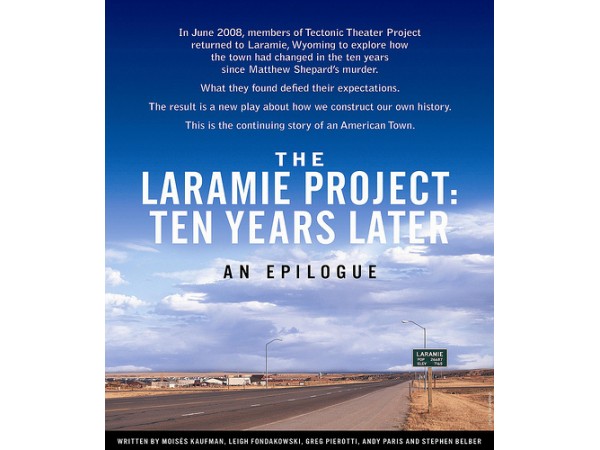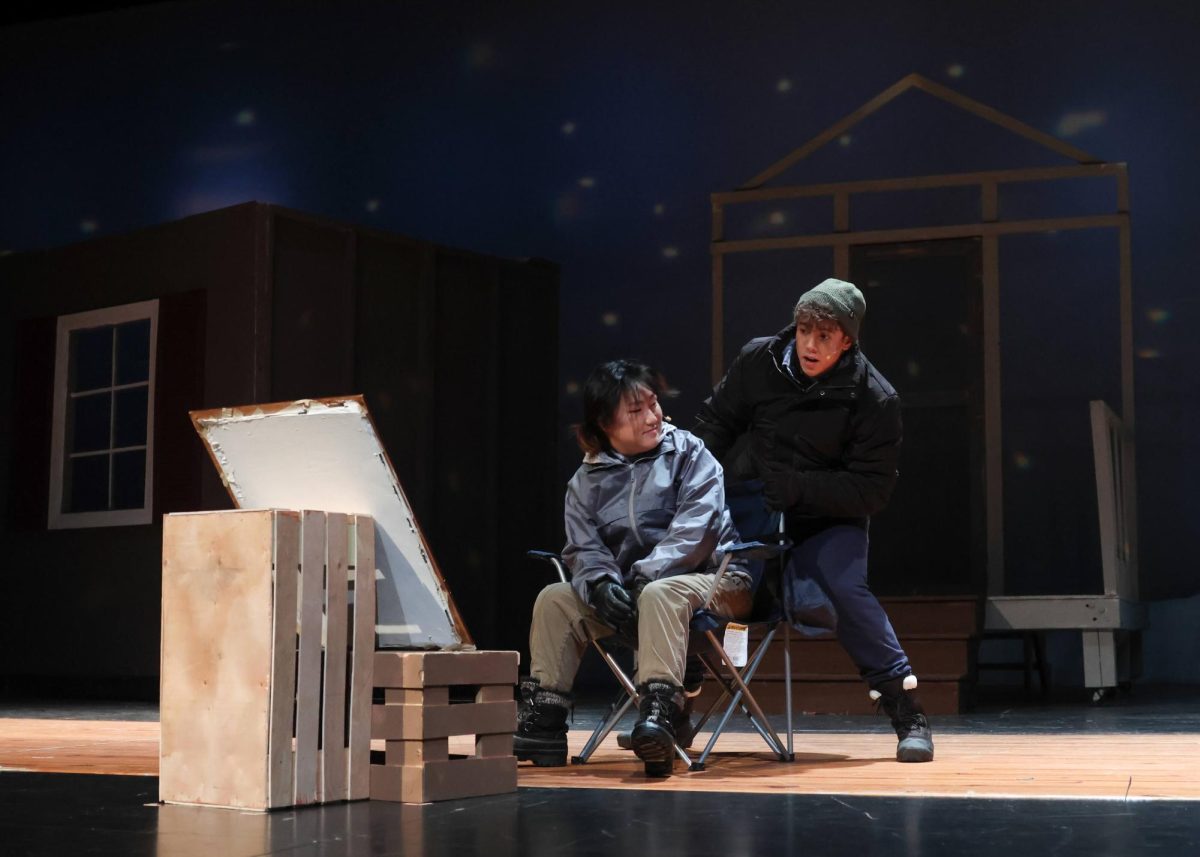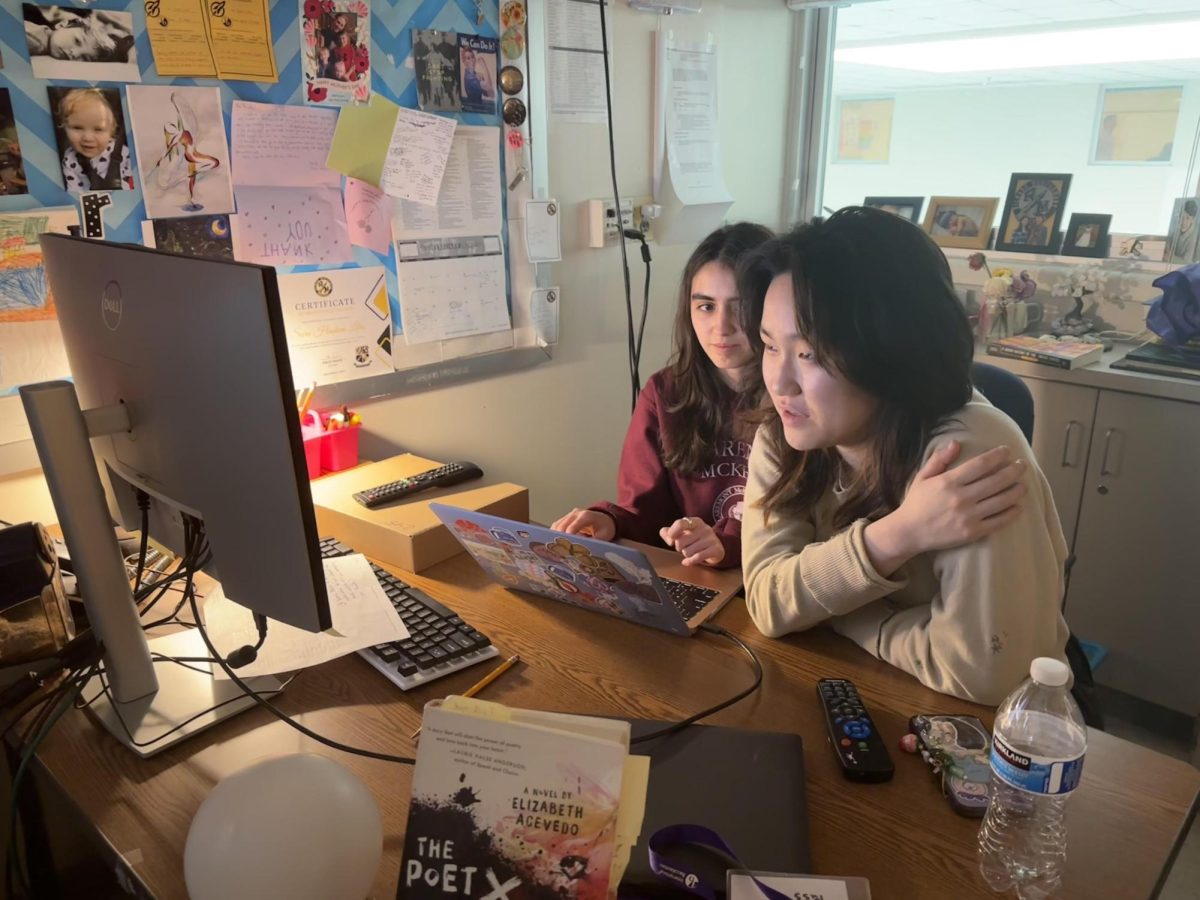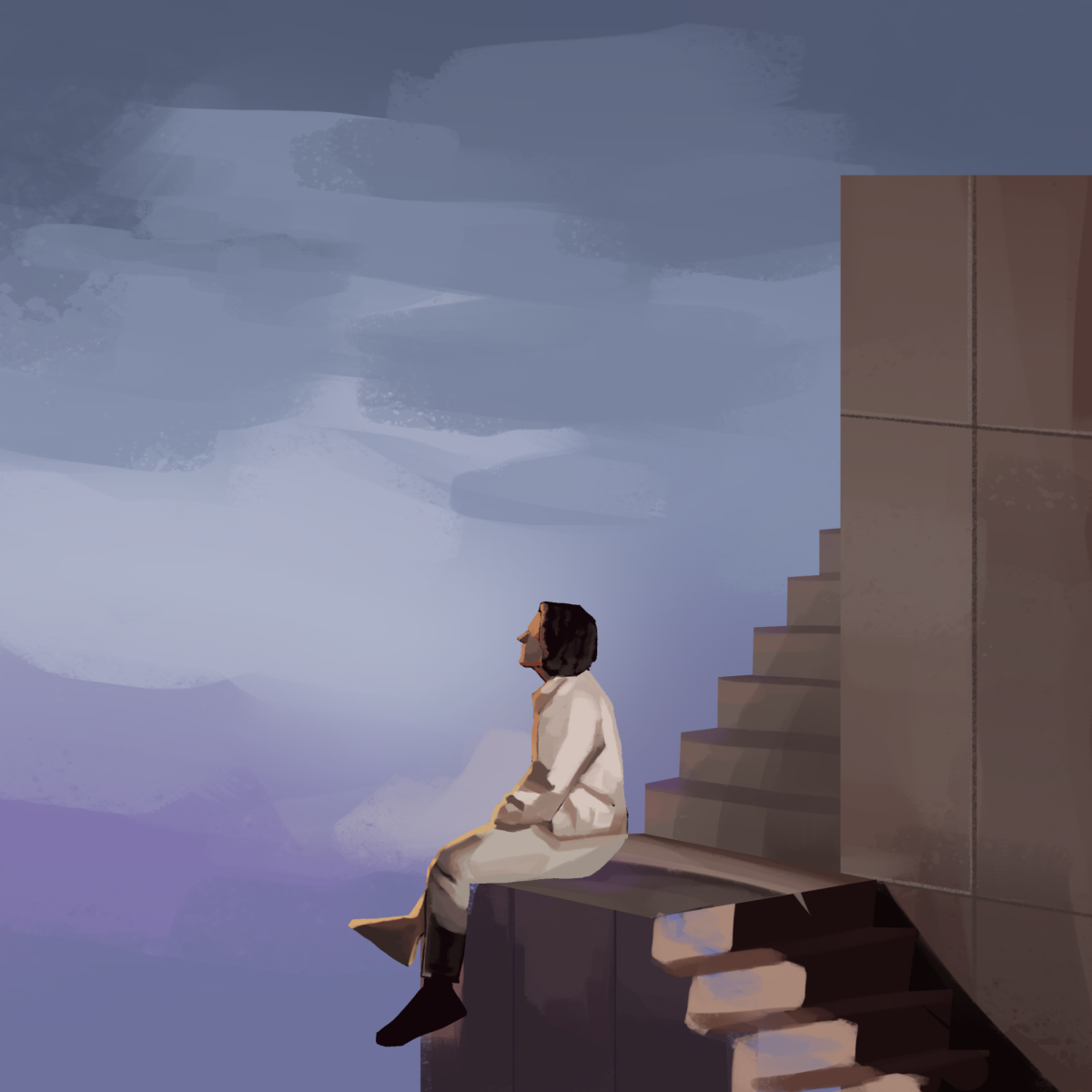Matthew Shepard, a 21-year-old University of Wyoming student, was killed in a hate crime on October 6, 1998 for being openly homosexual. Aaron McKinney and Russell Henderson, his attackers, identified Shepard at the Fireside Lounge, a local bar in Laramie, Wyoming, and offered him a ride home with the intent of robbing him at gunpoint. The situation escalated, as they stopped by the side of a highway that night, tied Shepard to a fence, and beat him brutally, causing severe bodily and head injuries and his eventual death at Poudre Valley Hospital, in Fort Collins, Colorado, on October 12 of that year. News of this crime spread to the national and international media, sparking a conversation about the queer community and the rights its members should have, as well as defining what a hate crime even was, something that had never before been discussed in the United States.
In 2002, the Tectonic Theater Project, a theater company from New York City, went to the town of Laramie to interview its citizens and hear their opinions about the crime and the nation’s reaction. These interviews were pieced together to form the script of “The Laramie Project,” which is made up of only word-for-word transcriptions of those conversations and found text of video clips and newspaper articles from the media about the crime.
In October 2009, the United States Congress passed the Matthew Shepard and James Byrd, Jr. Hate Crimes Prevention Act, embodying the progress that has been made to secure the rights of the queer and minority communities.
“The Laramie Project: 10 Years Later” is an epilogue to the original documentary theater piece. The Tectonic Theater Project returned to Laramie in 2012 to interview its citizens, new and old, and ask their perspective ten years after the original piece was created. Eight years ago, Black Maskers did the original Laramie Project as their play, and now they tackle its epilogue.
The actors all play multiple ‘characters,’ people from Laramie or members of the theater company. However, Black Maskers, led by their artistic and technical directors Ms. Davis and Mr. Rodney, have put their own spins on the play, making it a truly unique experience. Some characters’ genders have been swapped, or played by actors of another gender. The set is a series of platforms on different levels, all individually lit, to allow for characters to exist in many locations at once and all be on one stage. And for the first time ever, an entirely new crew has been added to the Black Maskers’ team – the Video Editing Crew, which has five projectors operating pictures and video clips throughout the performance.
It is a very complex piece thematically. Black Maskers does not often do non-fiction work, and that makes it more difficult and serious than a lot of other plays they have done. It is certainly a timely piece to do, considering the current political climate. “The Laramie Project” has inspired people in and outside of the theater community, and continues to do so every year.







